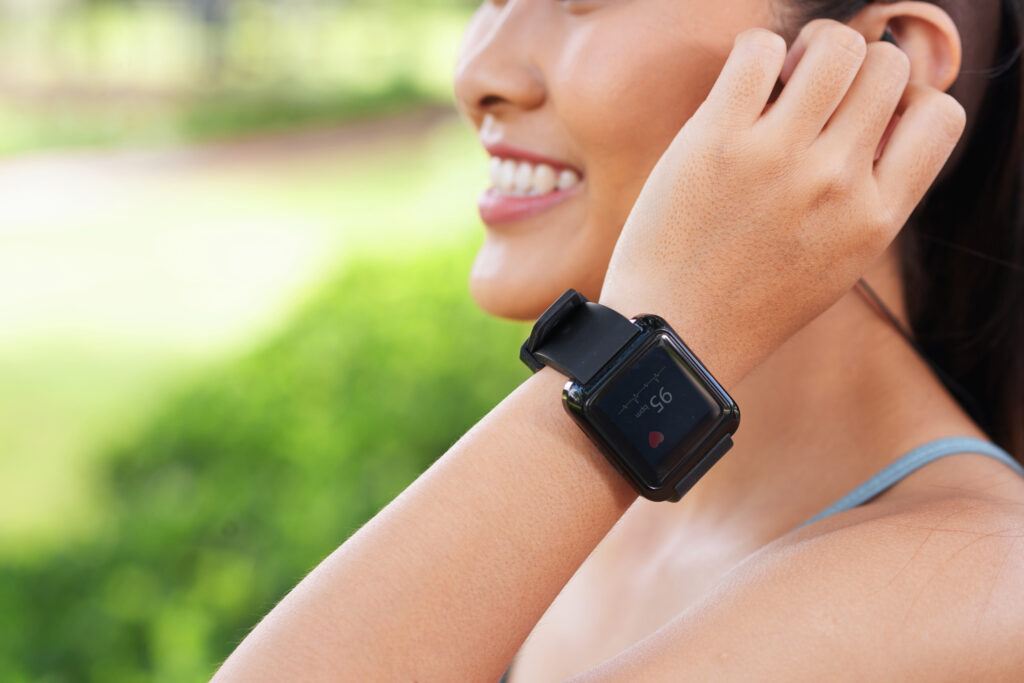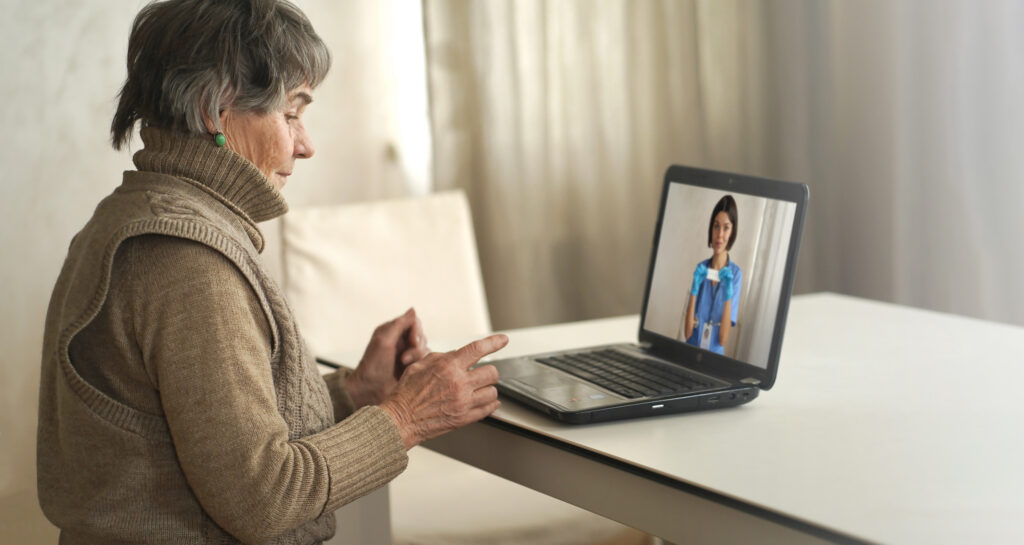The prevalence of Type 2 diabetes is increasing globally, and the UK is no exception. It is estimated that over 4 million people in the UK have been diagnosed with Type 2 diabetes, with many more remaining undiagnosed. Managing the condition can be challenging, requiring regular monitoring of blood sugar levels, medication management, and lifestyle changes.
Following the successful delivery of the Remote Care Monitoring (RCM) project for COVID-19, working in partnership with North West London CCG, Astrazeneca & Huma, Hanley Consulting supported RCM for patients with Type 2 Diabetes by using Virtual Group Consultations (VGC) via MS Teams. VGCs enabled clinicians to inform, monitor and educate patients remotely in a group setting. Remote care monitoring can also help to reduce the need for in-person consultations, allowing patients to receive care more efficiently and conveniently.
One of the key challenges in managing Type 2 diabetes is ensuring that patients attend regular consultations and engage with their healthcare providers. Video group consultations can be an effective way to facilitate this engagement, allowing patients to connect with healthcare professionals and other patients in a virtual setting. However, many patients may be reluctant to attend these consultations, either due to logistical or personal reasons.
To address this challenge, North West London CCG, Astrazeneca, Huma and Hanley Consulting developed a project aimed at supporting Type 2 diabetics attend and engage in video group consultations for better care via remote monitoring tools. The project utilised user-friendly remote care monitoring platform (Huma) that integrates with video group consultation tools. The platform will provide patients with access to their health data, as well as personalised recommendations and support to help them manage their condition more effectively.
The platform also includes a range of tools and resources to support patient engagement and participation in video group consultations. This includes access to educational resources, peer support groups, and interactive features to encourage patients to share their experiences and feedback with healthcare professionals.
By combining remote care monitoring with video group consultations, we believe that we can improve the management of Type 2 diabetes and provide patients with a more convenient and efficient pathway to care. The project has the potential to revolutioniee the way that Type 2 diabetes is managed in the UK, and we are excited to be at the forefront of this innovation.
This Remote Care Monitoring model, with Video Group Consultations will go on to be used to support patients with other long term conditions.






